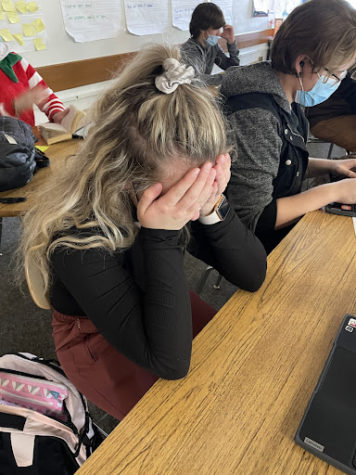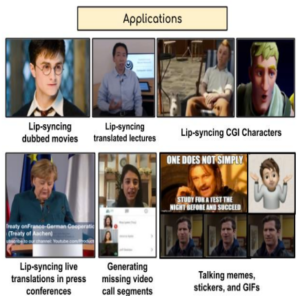Grieving of loss ones due to Covid-19

January 20, 2022
Many families have struggled through the hard grieving stage occurring from Covid-19. Not just families but therapists, students and teachers.
Up to 850,000 deaths have occurred from the current case of the Coronavirus. Not only has this deadly virus affected the people positively with Covid-19 it has made a drastic effect on emotions and mental health with their families grieving the loss of their loved ones. The New York Times says, “Many doctors have seen a spike in antidepressants to help people control their emotions.” The feeling of grief carries through all of us to think who is next. Losing hope and grieving the loss of loved ones has created a sense of darkness. People losing their loved ones to Covid has made individuals feel alone and frightened as if they are not heard. We all have our own battles, not knowing each other’s.
Therapists have feelings too. Not only is it hard on families but it’s hard for therapists to have to help others when they are going through darkness and emotional withdrawal themselves. National Public Radio explained “Imagine trying to help yourself while helping 40 plus others a day even being worried about your own mental health.” None of us think about how we could all go through tough times even though therapists are there to guide us. Unlike other mental health conditions, such as anxiety or depression, grief isn’t something that requires treatment, unless it becomes overwhelming and prolonged. It’s a stage that takes and requires time for yourself.
Students and teachers have become overwhelmed with school and family members. When speaking to Liam O’Keefe, Senior at SPASH, he said, “it’s so hard for me to focus when I am trying to help my sick family at home.” Grief affects everyone differently, regardless of their age. Some experience the five stage cycle which is denial, anger, bargaining, depression, acceptance but none less all at different times, in a different order, and in varying intensity. Younger children may have a difficult time grasping that their loved one is gone permanently and lack the verbal skills to express their sadness. While these feelings are hard to deal with they also affect a student’s learning. Instead of listening to their lesson in class they are in their head worrying about family and the “what if” questions.
We as a school are trying as teachers and friends to help one another with these difficult emotions. Listening is one of the most important things an adult can do to help a student who’s lost a loved one, and maybe even someone working as a therapist. Remember we all go through things.





































































